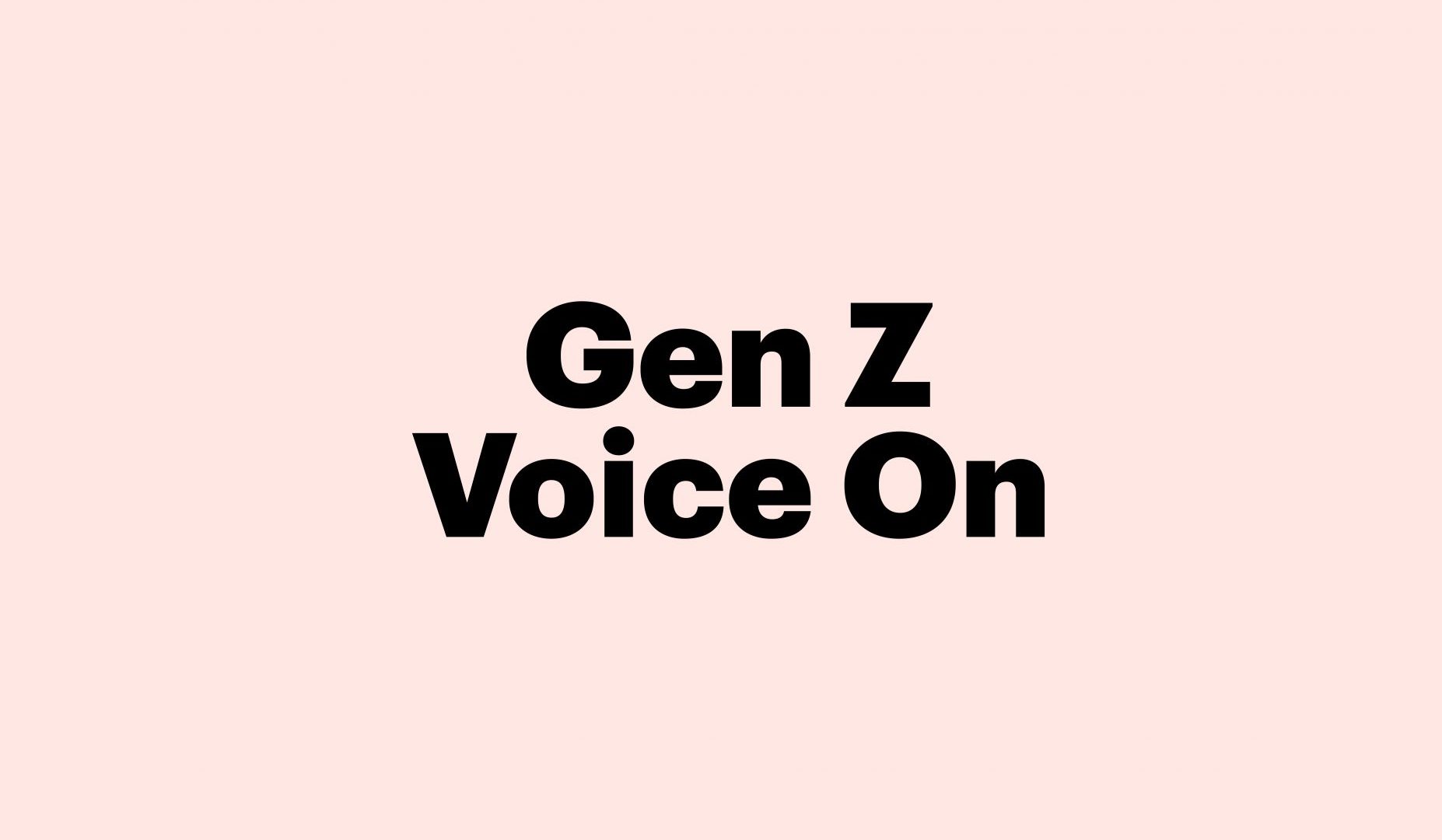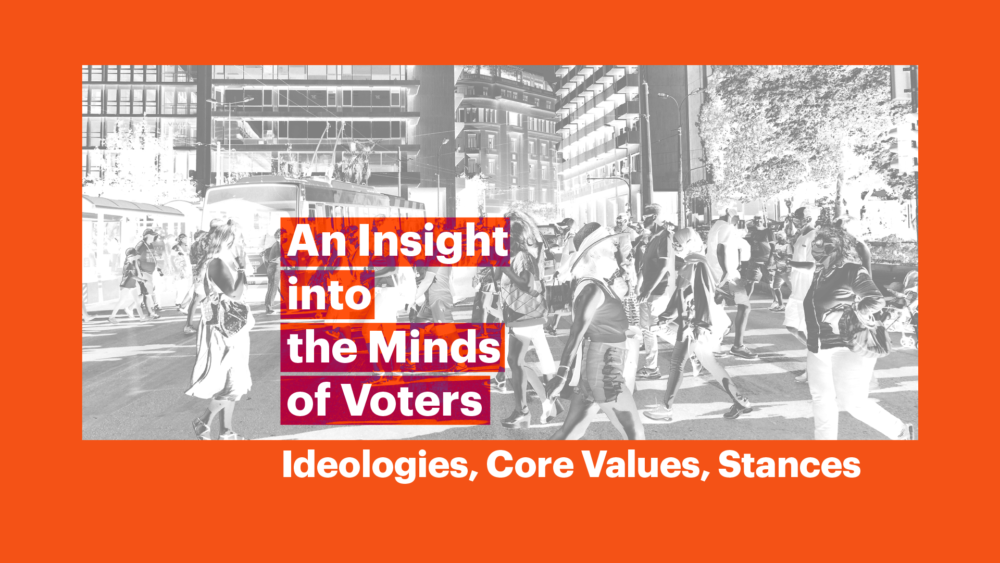
Research Report: Gen Z Voice On
The Gen Z Research goals were to document the dominant perceptions and behaviours of the generation born between 1995-2010, also known as “Generation Z”. We mainly focused on the following investigation topics: a) Exploring and assessing the information sources that Gen Z youths choose, b) Documenting and understanding behaviours and patterns relevant to Social Media usage, regarding news consumption and political behaviour, c) analysing Gen Zers’ opinions on misinformation and fake news and d) finding out what Gen Z thinks and does regarding current socio-political matters.
The research was conducted by aboutpeople (data collection) on behalf of ETERON between 10-18 December 2021. The data was collected using structured online questionnaires that were answered by a sample of 403 people aged 16-24 years old from the whole of Greece.
Among the research’s most significant findings is the imprint of a generation that seems to be interested in politics, develops a repertoire of actions that isn’t just online, they are concerned regarding future developments and worry about the pandemic. At the same time, it’s a generation that spends several hours online, has a cautious trust towards the digital sphere and has grown apart from traditional media. Among other things, we noticed a “critical” disposition towards informational content, that is probably affected by the distrust towards modern societies’ core institutions, including media. Lastly, even though Gen Z youth are aware of the current issue of fake news and of misinformation, the research findings speak of an urgent need for digital media literacy.
Read the report of the research group [pdf].





